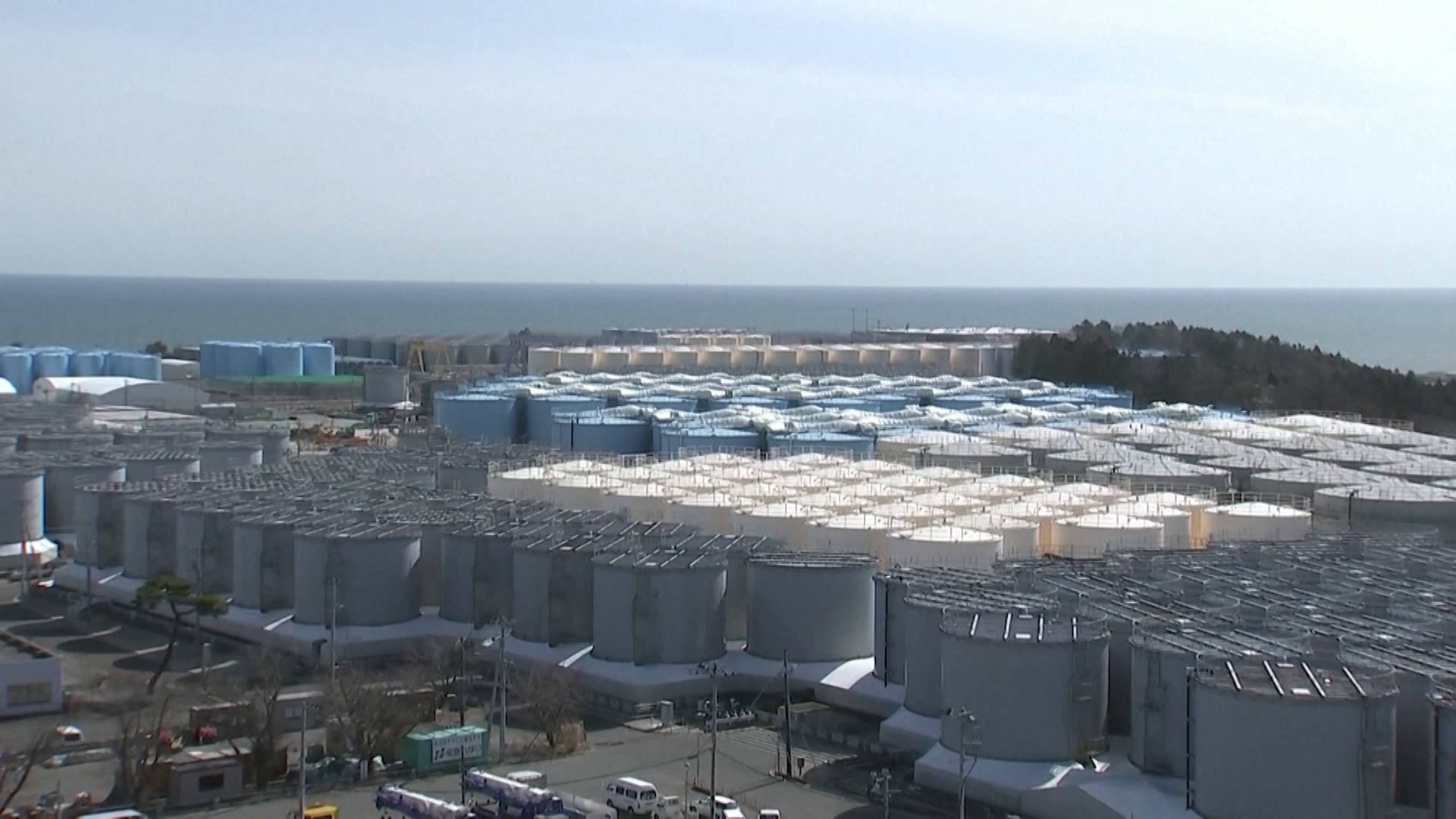Japan announced it will start releasing radioactive wastewater from the Fukushima nuclear plant into the Pacific Ocean starting Thursday. The move has been condemned by a number of Pacific nations, including China.

Also, I saw reddit libs downplaying it, coming up with excuses about low radioactivity, and why it’s not a bad thing, so they can go back to brunch. All because it’s Japan doing it, which can do no wrong. If it were China, they’d be frothing at the mouth.  Fucking clowns. They couldn’t care about what long-term accumulation would do to the environment, the safety of food, and public health. At this stage, anyone who supports these sort of crimes against public health deserve the absolute worst.
Fucking clowns. They couldn’t care about what long-term accumulation would do to the environment, the safety of food, and public health. At this stage, anyone who supports these sort of crimes against public health deserve the absolute worst. 
Unfortunately I have to side with (or at least humor) the reddit libs on this one. People are so propagandized against anything to do with nuclear power that it’s hard to judge whether their concerns are reasonable or fictional. Like, the way tritium is disposed of everywhere else is IIRC to more or less just dump it into the ocean (though obviously in a more controlled setting). Obviously state-level actors like China raising concerns adds credence but as far as I know, the IAEA are trustworthy as well. At any rate, I’m still not convinced without seeing actual numbers on eg how much tritiated water there is.
All that said eh they could just build more storage tanks

deleted by creator
I mostly agree. In the hypothetical that there’s so much tritium that it’s unsafe to release, even diluted so much, though, I’m thinking about what could be done. Apparently there are ways to distill tritium out from water, and because there’s so little tritium relative to water, you could presumably store whatever was less in some tanks. Tritium’s half-life is 12-ish years and 8 half-lives is enough for it to be almost nothing, so whatever storage they make would be fine if it only lasted for a century.
deleted by creator
True, and tritium being basically water means that it’s especially tricky to contain.
I agree with the libs on this one.
"The water is being treated by what’s called an Advanced Liquid Processing System, which can reduce the amounts of more than 60 selected radionuclides to government-set releasable levels, except for tritium, which officials say is safe for humans if consumed in small amounts.
About 70% of the water held in the tanks still contains cesium, strontium, carbon-14 and other radionuclides exceeding government-set levels. It will be retreated until the concentrations meet those limits, then diluted by more than 100 times its volume of seawater before it is released. That will bring it way below international safety limits, but its radioactivity won’t be zero."
deleted by creator
Safe and effective
Super heated ocean + spicy water + 6th mass extinction event + hurricane season
What could go wrong?
 the objections are all dishonest
the objections are all dishonestThey couldn’t care about what long-term accumulation would do to the environment,
This isn’t a “steady state” or constant flow of concentrated waste, right? This is a transient event, as far as I understand it. It’s not like with micro plastics, where more and more of the waste accumulated (and continues to accumulate) over time.
The approach to disposal sounds reasonable.
Record high ocean temps, mix in some radioactive waste, what could go wrong
Wtf
If India could get a spaceship to land on the Moon. Japan could send this water out into space.
They would have to send 2.2 million metric tons of water into space, costing over a trillion dollars. And when one of the rockets inevitably blows up, the environmentalists would cry over some steam that’s less radioactive than an airplane flight.
That’d be really funny if it happened though. Maybe we should try blowing up the contaminated water. Itbwill never hurt anyone ever again.
I will shower myself in Fukushima Daiichi wastewater mist

We would also be removing that much water from the water cycle







